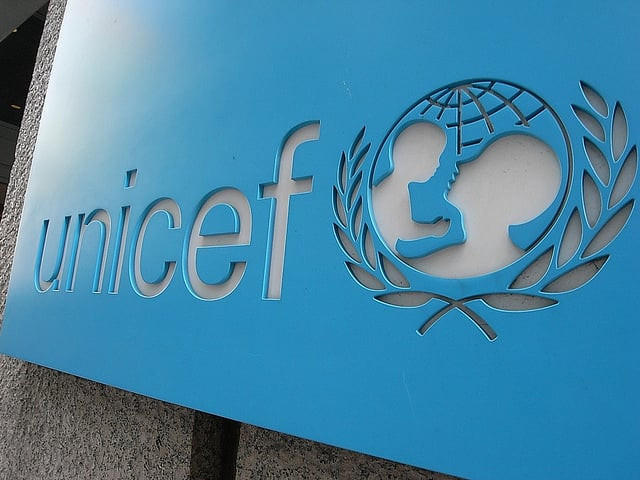
THE United Nations Children’s Fund (Unicef) has said ongoing climate change shocks, hunger and poverty were a stumbling block to ending child marriages in Zimbabwe and other African countries.
Available statistics indicate that child marriages are rampant in the country, with% 34% of girls getting married before the age of 18 and 5% before they turn 15.
Child marriages are more common in rural areas.
In its latest report titled Global polycrisis creating uphill battle to end child marriage, Unicef said: “Despite a steady decline in child marriage in the last decade, multiple crises including conflict, climate shocks, and the ongoing fallout from COVID-19 are threatening to reverse hard-earned gains.
“Sub-Saharan Africa — which currently shoulders the second largest global share of child brides (20%) — is over 200 years away from ending the practice at its current pace. Rapid population growth, alongside ongoing crises, looks set to increase the number of child brides, in contrast with the declines expected in the rest of the world.”
Unicef said young girls forced into early marriages were at risk of maternal health complications and mortality.
“The practice can also isolate girls from family and friends, and exclude them from participating in their communities, taking a heavy toll on their mental health and well-being,” Unicef said.
“Worldwide, conflict, climate-related disasters, and the ongoing impacts of COVID-19 — especially rising poverty, income shocks, and school dropout — are helping to increase the drivers of child marriage while also making it difficult for girls to access health care, education, social services and community support that protect them from child marriage.
- COP26 a washout? Don’t lose hope – here’s why
- Out & about: Bright sheds light on Vic Falls Carnival
- COP26 a washout? Don’t lose hope – here’s why
- Out & about: Bright sheds light on Vic Falls Carnival
Keep Reading
“At the same time, extreme weather events driven by climate change increase a girl’s risk, with every 10 per cent deviation in rainfall connected to around a 1% increase in the prevalence of child marriage.”
According to the national Constitution, impregnating a woman below the age of 18 attracts a jail term.










